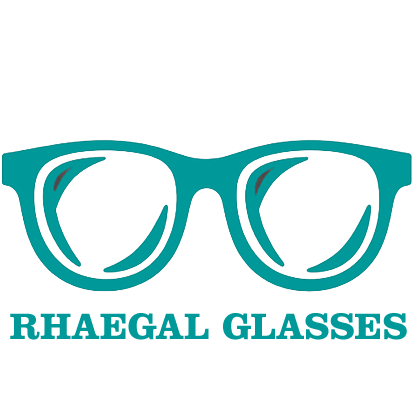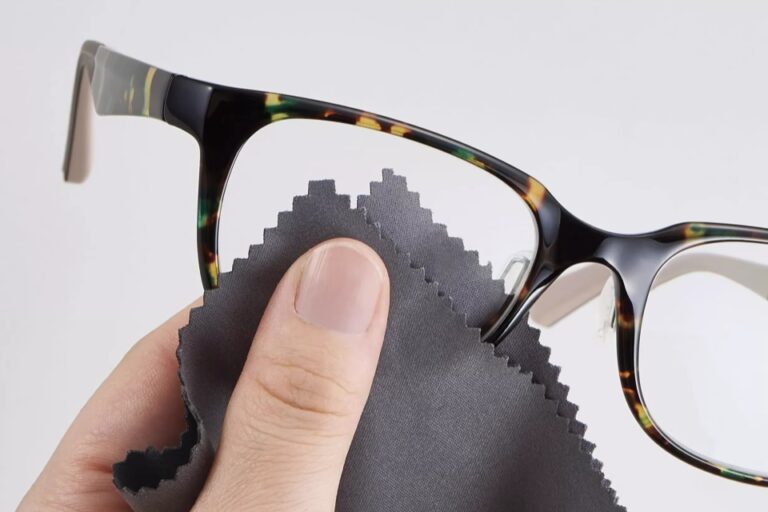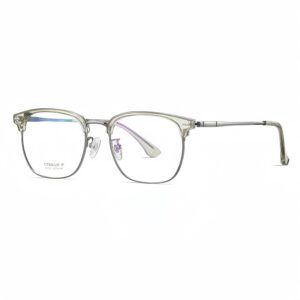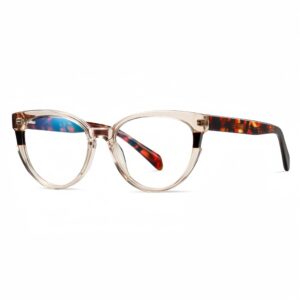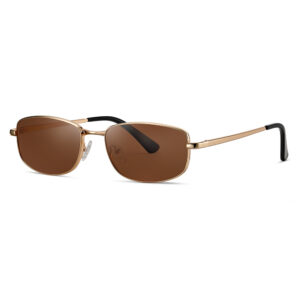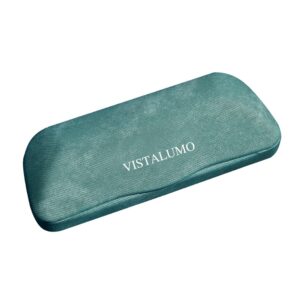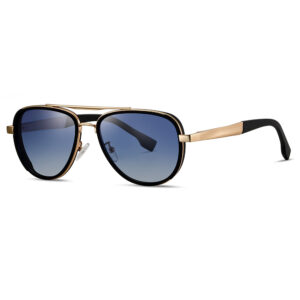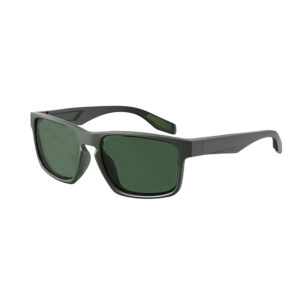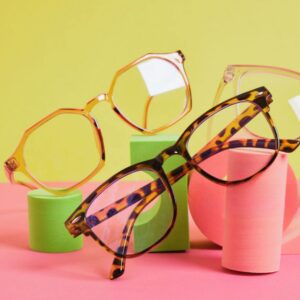
사업에서 위대한 일은 결코 한 사람이 하는 일이 아닙니다. 그것은 사람들의 팀에 의해 이루어집니다. 우리는 역동적인 사람들의 집단을 가지고 있습니다.
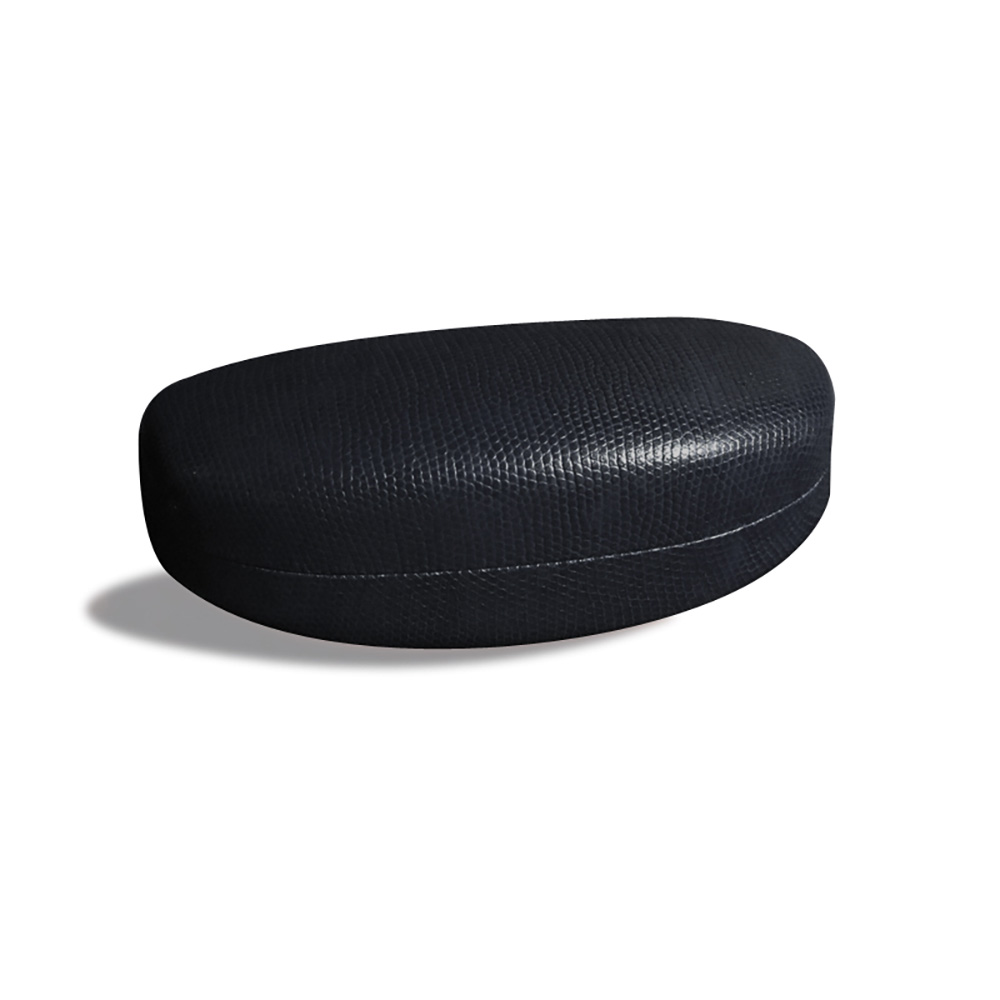
Customized PU Leather Glasses Case Factory
홈 왓츠앱 이메일 안경, 독서용 안경 블루라이트 독서용 안경 공장, 독서용 중국 블루라이트 안경, 중국 독서용 안경
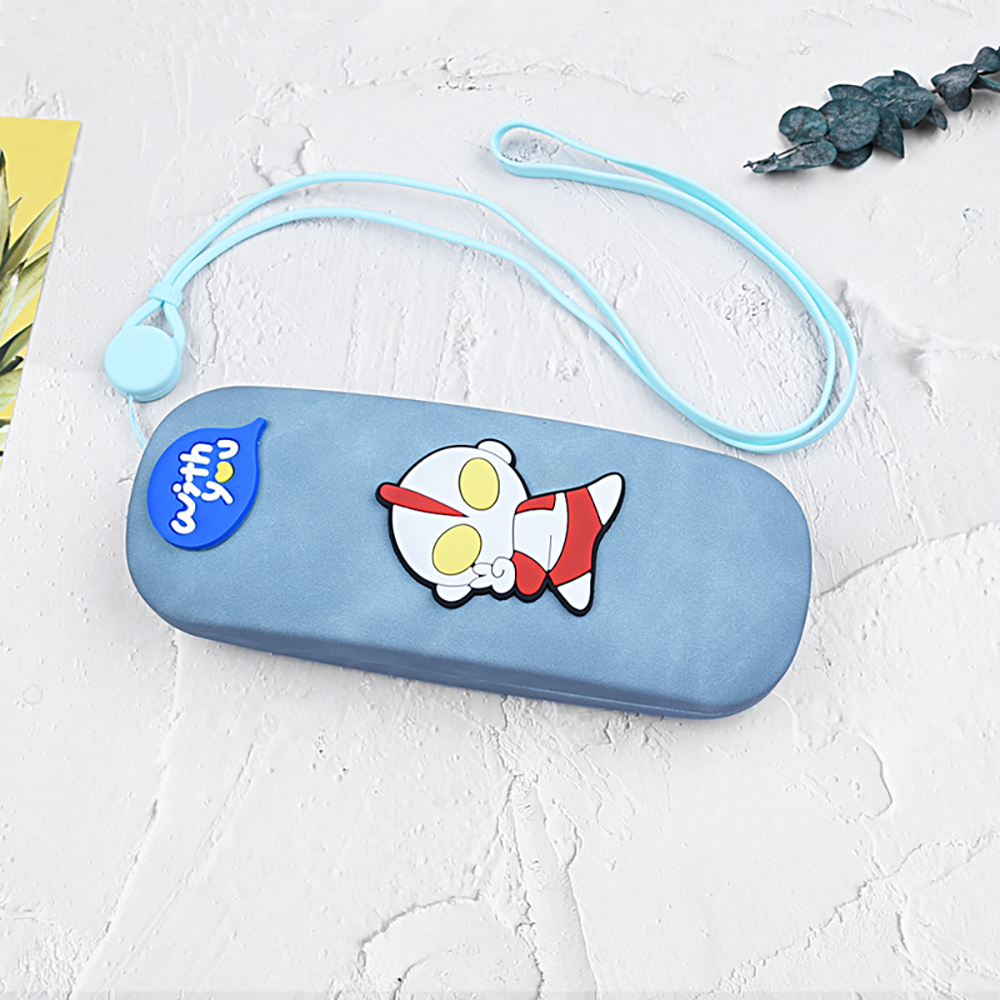
Wholesale Kids Glasses Case with Strap
Home WhatsApp Email Blue Light Glasses, Eyeglasses Customized Unisex Eyeglasses Frames, Unisex Eyeglasses Frames wholesale, Wholesale Eyeglasses Frames The Problem:
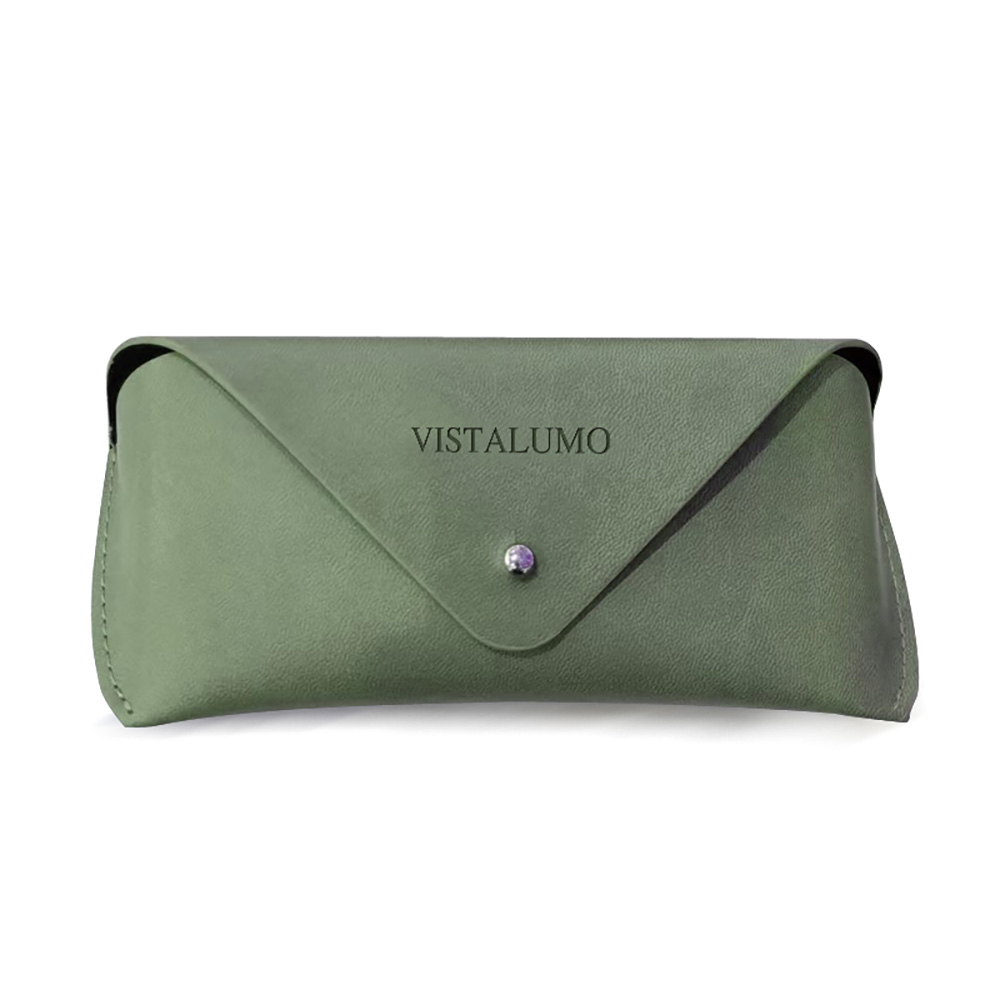
Wholesale Durable Ray Ban Sunglass Case Factory
홈 WhatsApp 이메일 블루 라이트 안경, 안경 블루 블로커 안경 컴퓨터, 컴퓨터용 블루 블로커 안경, 맞춤형 블루 블로커 안경
